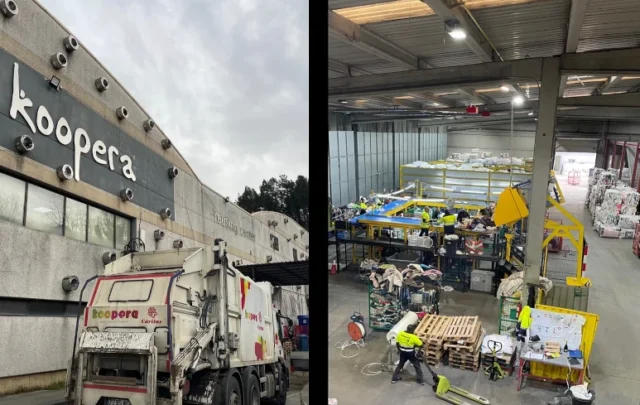This seems like the 10th time that I’ve read a story that says Greenland’s glaciers are melting faster than previously thought and thus the consequences of climate change are moving much more quickly than we have estimated in the past. Even the pace of such stories has picked up. I found some in 2015, 2016, 2019, 2021 and 2022.
And, back in 2013 scientists reported that just a little to the north of Greenland, their models were showing that the median estimate for an ice-free arctic in summer was 2060. (Median means half the results were before 2060 and half the results of the model were after.) Those scientists were convinced at the time that their model might be underestimating the pace of climate change in the Arctic, suggesting that an ice-free arctic might come before 2050.
Fast forward to 2020 when a study suggested that an ice-free Arctic in summer might come as soon as 2035. Not surprisingly, the story notes that the finding is “one of the more direct signs that humans are warming the Earth’s climate at an even more dramatic pace than expected.”
When I wrote about our human tendency to underestimate the pace of human-induced climate change way back in 2006, few people imagined that climate change would progress as quickly as it has between then and now. The idea that we have time to get ready for climate change or that climate change is “slowing down” has turned out to be a grave miscalculation.
In addition, turning the giant global economy in a new climate-friendly direction has proven harder to do than expected. The reasons are well-known to those who understand how energy works in human society.
First, humans seek the cheapest, easiest-to-get energy before going on to more expensive alternatives, no matter how climate-friendly those alternatives are. Fossil fuels remain the cheapest and most reliable source of energy for most applications.
Second, in the past it has taken a generation and sometimes two for human society to move from one dominant fuel, for example, coal, to, in this case, oil. Anyone expecting renewable energy to quickly replace fossil fuels is not paying attention to the numbers and to the practical problems with renewable energy. In the case of wind and solar intermittency is a big problem. The wind doesn’t blow all the time, and the sun disappears every night. In addition, the low power density relative to fossil fuels and the vast amount of land needed are also major issues.
It is theoretically possible to run a modern, technical society on renewable energy, just not this one. Our energy requirements would have to be pared down to a fraction of what they are today, and our buildings and energy infrastructure would have to be completely reworked—a task that would require huge amounts of fossil fuel energy since that is primarily the kind that we currently have. Fossil fuels provide more than 80 percent of the world’s energy today.
So even as the window for an energy transition shrinks—that is, the time before climate change becomes catastrophic (and fossil fuel depletion become dire)—our ability to speed up that transition remains handicapped by our dependence on fossil fuels, by the power of the fossil fuel interests, and by the practical difficulties of remaking our infrastructure on such a short timeline.
The name of this conundrum is the rate-of-conversion problem. Can we make the transition to a sustainable society before we run low on the fossil fuel energy needed to build the new sustainable infrastructure AND before climate change creates conditions so chaotic that we cannot sustain such a build-out?
The relatively slow pace of the renewable energy build-out compared to the available time window suggests we will not finish the job in time to prevent a serious decline in the fortunes of future generations.
Photo: Seagull On Iceberg, Greenland by Buiobuione (2018), Via Wikimedia Commons https://commons.wikimedia.org/wiki/File:Greenland_Seagull_On_Ice_2.jpg
























